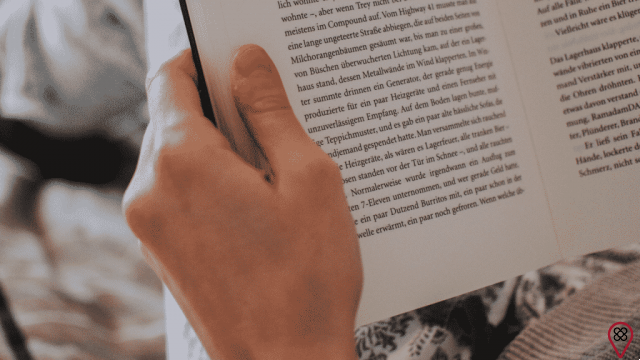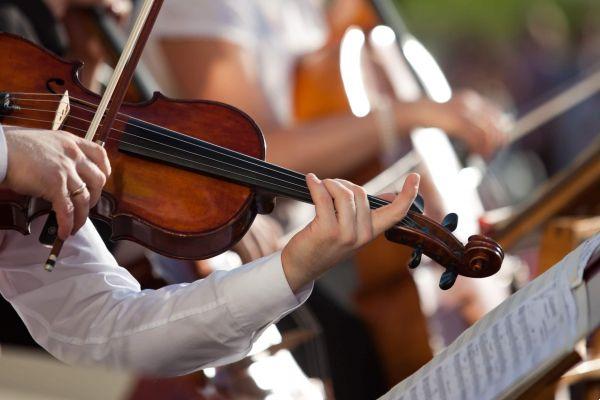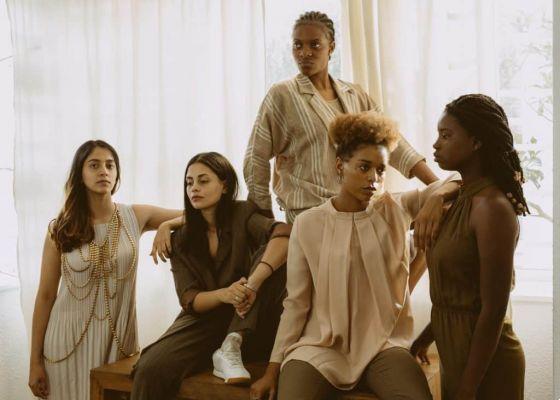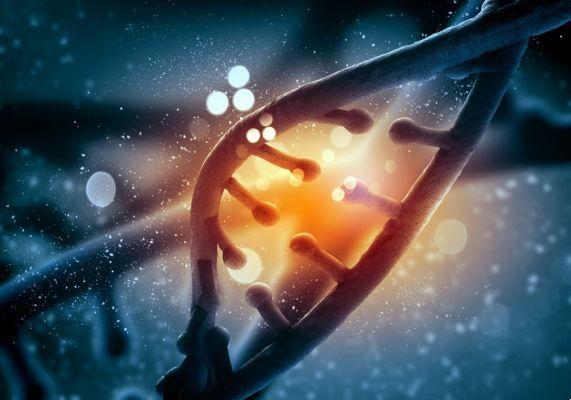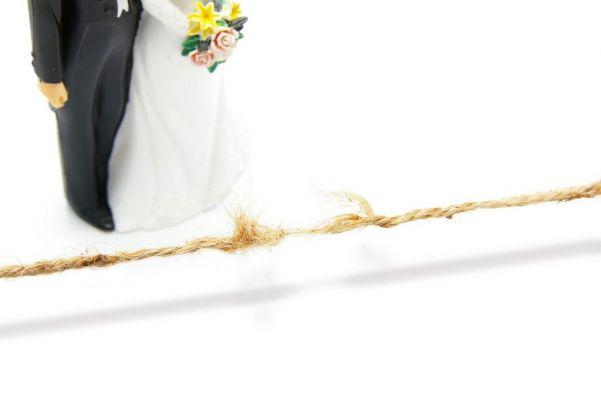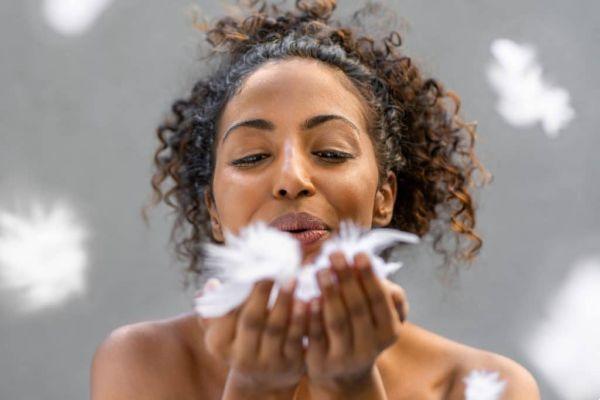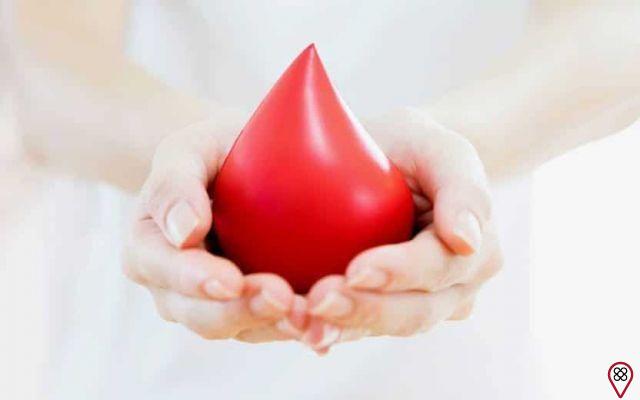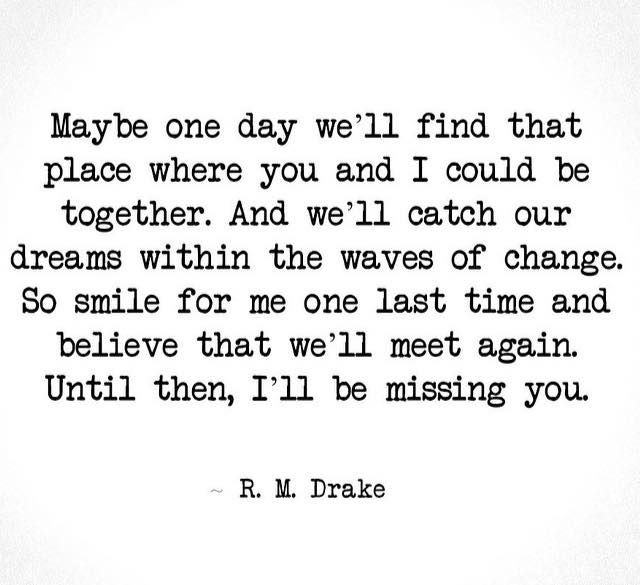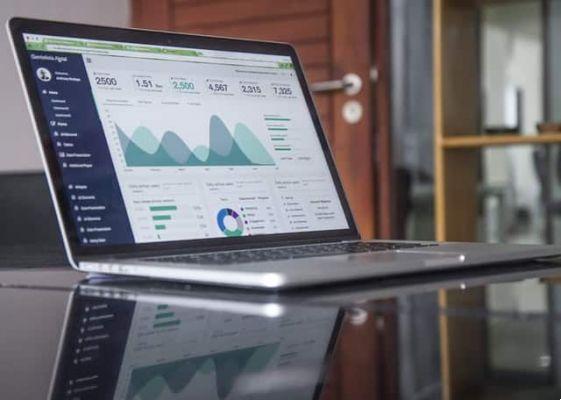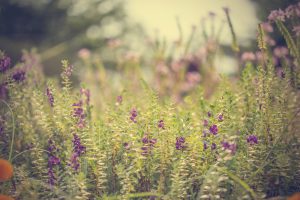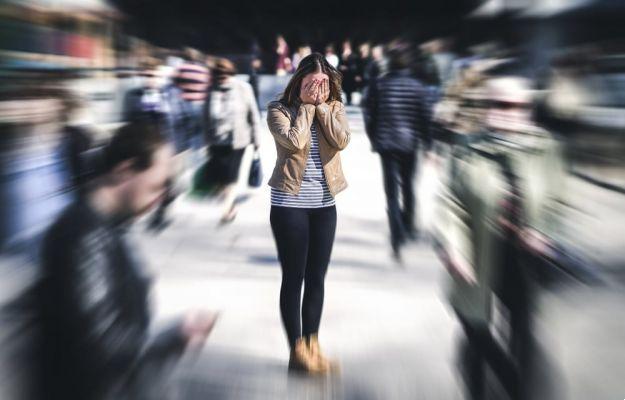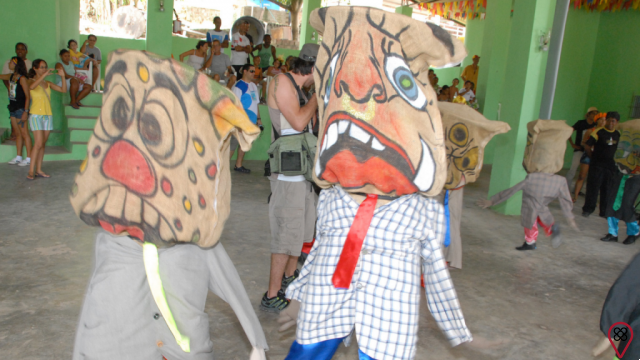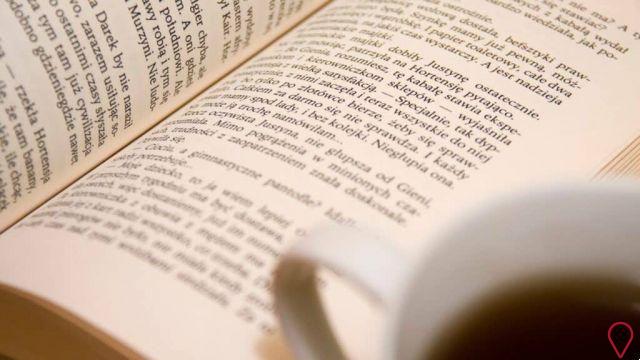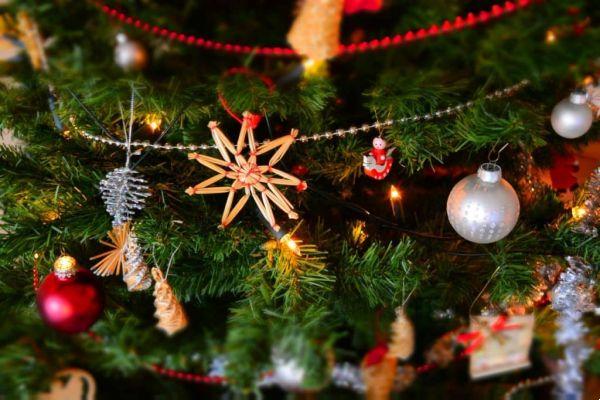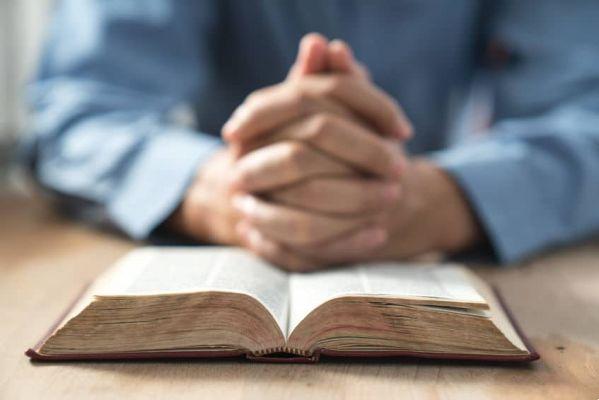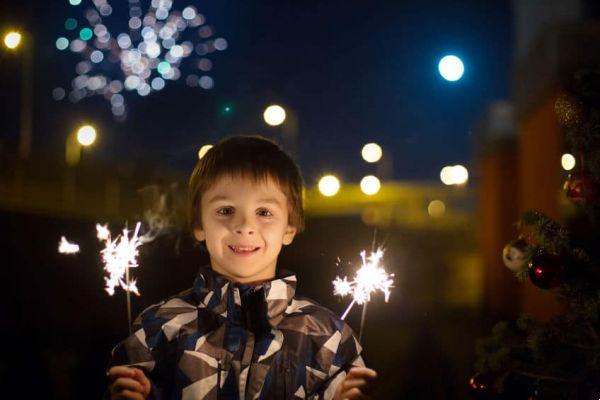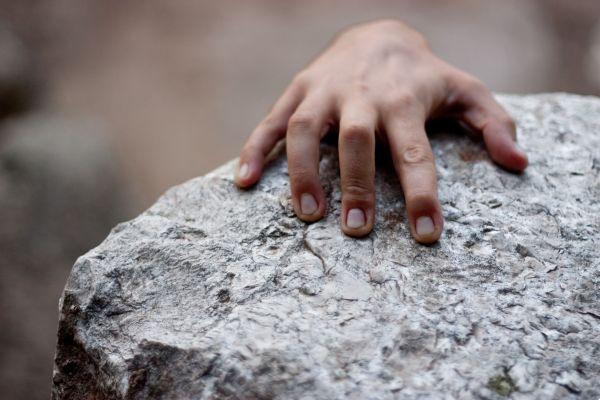It is not uncommon to find people who claim to be good observers. Most of the time, what you actually do is notice and not observe. These words in their philosophical sense are not necessarily synonymous.
Observation requires willingness. Repair no.
When we notice the other, as the word itself says, we are perceiving, but not necessarily observing. Here lies a danger when we find ourselves correcting, even mentally, a condition, a behavior or a situation in which the other is inserted.
This type of censorship of the behavior of others goes hand in hand with some prejudices that we carry and it takes a lot of detachment and a lot of elevation to deny this.
However, it is impossible to observe the other without resignifying in ourselves certain patterns of perception, learning to decode our own behavior and vision of the world.
Self-observation should not be confused with “knowing”. We are aware that we have a feeling, for example, but that does not mean that we are observing this feeling, identifying its origin or even our responsibility for it.

Self-observation is a means of change, an act of attention directed within us, to what is happening inside us, an active force that makes us understand our own reactions to the detriment of certain occasions or people.
How many times have we seen someone criticizing another person whose behavior is the same as the person himself usually has? This is easy to fix.
Realizing that we ourselves have made this mistake from time to time is not easy, but that is observing.
There is an important clue here. Someone once said that, “the more Peter talks about Paul, the more I know Peter”.
It is very easy to understand that when someone starts to seriously observe himself, he really begins to work on everything he carries within him by dividing himself into the observer and the observed.
If this division does not happen naturally, this process is not possible, as we remain identified with all our internal processes without understanding them and hostage to circumstances. We remain so identified with all our mistakes that we lose the ability to distinguish between them.
By understanding our conditioning and our habits, we can transform them. It is important and not simple, in this process, to be honest with yourself. Get off autopilot and start realizing what we do and why we do certain things.
Most of the time, we consider ourselves better than we really are, but it is necessary to confront unpleasant feelings to adjust them.
When we look at ourselves and perceive ourselves in a selfish, cruel attitude or with any other defect, we look for excuses to sustain our bad actions instead of facing ourselves in search of a more harmonious internal universe.
Henry David Thoreau, American writer and philosopher, said: “It is as difficult to observe yourself as it is to look back without turning around. ”
But I think it's a necessary effort. It is a process that, as beings in formation that we are, never ends and becomes greater and more intense as we observe ourselves driving this change and thus we know each other actively and reactively over and over again.
After all, we are the result of many experiences and values that do not need to dominate us, but that, for fear of breaking, we continue to apply them in our lives, and the new is always scary. However, it is through the new that we evolve.
If we are able to embrace this evolution, we will increasingly have found the secret to a more harmonious and happy life.



